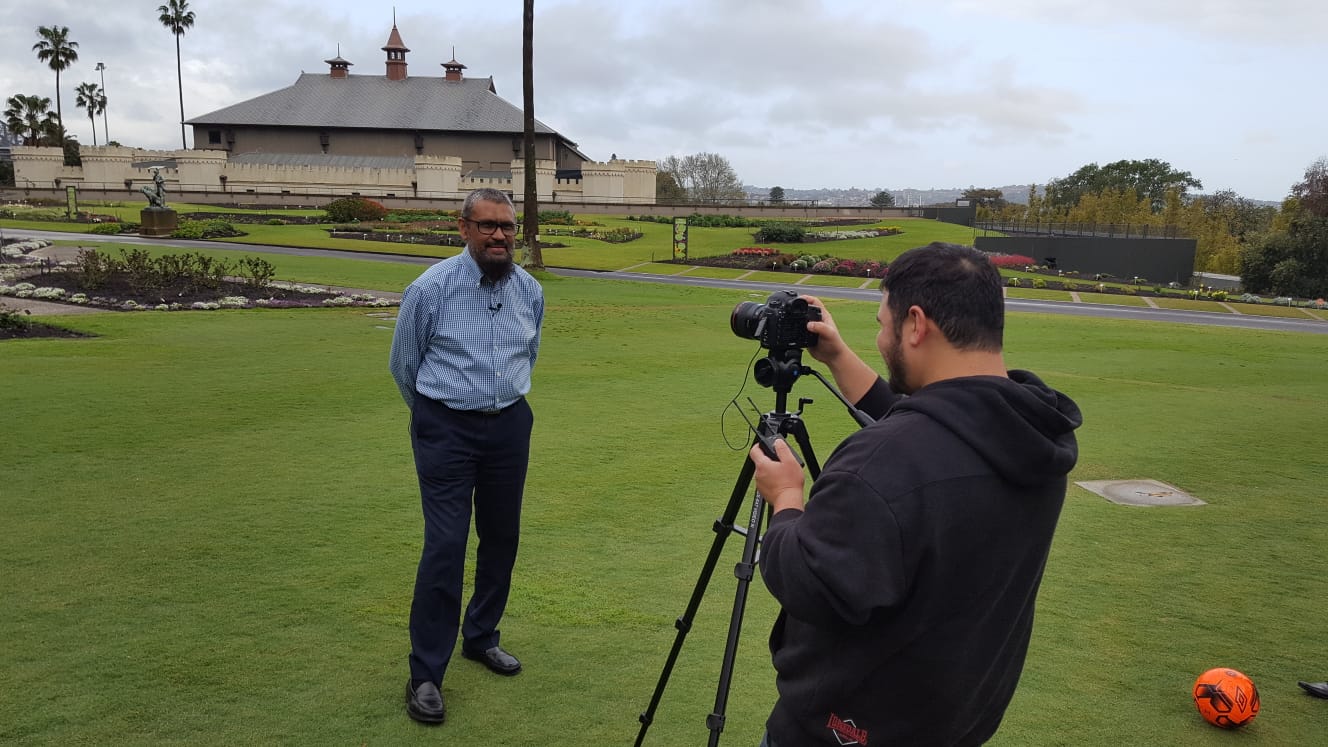Crescent Wealth Economic Outlook – Don’t Waste A Crisis
Crescent Wealth Board Director, Economist and former Politician & Liberal leader Dr John Hewson (AM)
14 May 2020
The Australian economy is in the most challenging times since the Great Depression. We are in for a long period of recessionary activity, with unemployment initially doubling, at least.
This was not caused by a global financial crisis, although it may well precipitate one, but rather by government-enforced responses to the global medical emergency, Covid-19, a most infectious virus, that precipitated the effective “closure” of many economies via border restrictions, lockdowns, and social distancing.
In large measure, much economic activity just suddenly stopped, consumer and business confidence collapsed, and most have changed their behaviour – particularly ways of working, travelling, and communicating – that would have been unthinkable previously, and probably with some permanency.
While the Government has been at pains to suggest that the measures taken were temporary and reversible, it is hard to accept that our economy will, in terms of their slogan, just “bounce/snap back”.
For one thing, back to what? Our economy pre-Covid was weak and getting weaker, with record household debt, flat wages, poor productivity, mounting job insecurity, and a majority living week-to-week struggling to meet the costs of living, especially housing, power, child and aged care, insurance, and so on. The Governments pre-Covid slogans were simply not matched by the lived experience of most of us.
Moreover, short-term politics had seen governments increasingly self-absorbed in the daily “game” of point scoring and blame shifting, rather than governing in a way to meet the policy challenges and to solve the pressing economic and social problems. Almost every area of public policy is now in need of significant reform.
This crisis offers the Morrison Government the unique opportunity to be proactive in developing its longer-term Recovery Strategy, to lead, to seize the moment, to take (say) a view until mid-century, set out their sense of the sort of Australian society that they would be prepared to work towards, explain the issues and challenges, and begin on pathways towards that vision.
Admittedly, this will not be easy. They will need to step beyond the old policy chestnuts that they dust off on each occasion – tax cuts, an attack on welfare, cutting red/green tape, budget repair, work choices, and the like. They will also need to move beyond the daily sound bites and slogans, and be prepared to prosecute their case for reform, day-in-day-out, to every constituency across the country, from now until the vision is delivered.
Clearly an overarching objective and imperative is to move to a low carbon society by 2050. Their focus should be on the required transition to be managed sector-by-sector – power, transport, agriculture, buildings, industrial processes, and so on. En route, they will deal with challenges such as waste, fuel security, new technologies, and the development of the bio/circular economy.
They should also delineate a national productivity strategy, with a specific objective, say double it in the next decade, and then sustain it. This would require an assessment, portfolio-by-portfolio, of just what is to be done in say education and training, health and health services, tax and transfers, social programs, industrial relations, science/technology/research, and infrastructure, to achieve the objective.
The Government should also take the opportunity of the National Cabinet, created to achieve national collaboration and coordination in dealing with the virus, expand it to include the Opposition, then use it work on serious reform our Federation, to end the overlap and duplication of spending and policy development, and move to the most effective and fair funding of our governments.
Also, a basic requirement of a recovery strategy in our national interest, as distinct from some special interest, is to give priority to cleaning up our politics – campaign financing, lobbying, require “truth” as in advertising, limits on campaign adds, apply penalties for false, deceptive and misleading conduct, question time and other parliamentary practices, and a national ICAC.
Clearly, this is not meant to be an exhaustive list, but merely to just identify some important directions. It will be crucial for the Government step beyond short-term politics, and the 24-hour media cycle, to draw on the considerable expertise of the public service, advisors, science, and available evidence, in designing and implementing the necessary policy transitions.
While the challenges are indeed significant, the response of the Australian people to the virus crisis has demonstrated a willingness to accept the reality of the challenge and to adjust their behaviour and practices in ways they never imagined.
They desperately want our governments to lead, to do the jobs they were elected to do and if they do, good policy will soon prove to be good government and good politics.
Share this
You May Also Like
These Related Stories

Crescent Super Conversations Meet Sheike Shabir Moosa

Meet a Crescent Wealth Super Member: Ismail Davids


